- 👨🏿🚀TC Daily
- Posts
- Riding a multimillion dollar Wave
Riding a multimillion dollar Wave
Inside: Pick n Pay sells Nigeria stake to EcoCommerce.


Welcome to H2. ☀️
It’s six months until the end of 2025.
Appraisals are around the corner. So is your will to finish the year strong. If you need great vibes to begin the new half, Instagram now lets you share Spotify songs—with sound—to your stories.

Funding
Wave raises $137 million to power African expansion
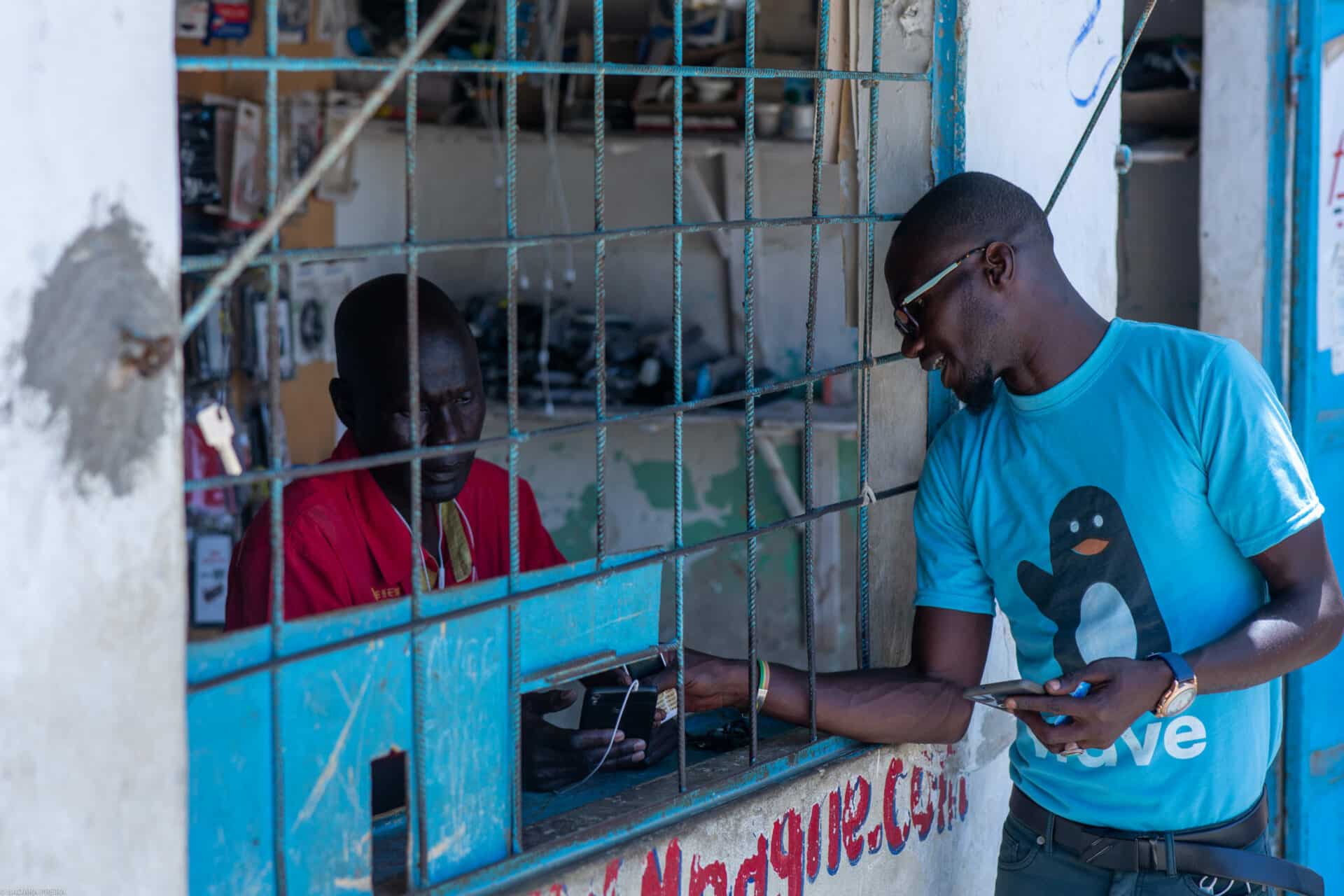
The tide is turning in African fintech, and Wave is riding on the momentum.
Wave just secured $137 million in debt funding to grow its mobile money services and expand its footprint across Africa. The funding will boost its capital, allowing it to double down on providing affordable financial access across the continent.
Debt funding? Think of it like borrowing, as the name implies. Unlike equity, where startups give up a slice of their company, this funding means lenders trust Wave enough to hand them cash, knowing they will pay back. For Wave, it’s a vote of confidence in both its business model and its ability to grow sustainably—that’s quite the flex.
This round was led by Rand Merchant Bank and a trust of global finance institutions, including British International Investment (BII), Finnfund, and Norfund. This signals sustained investor confidence in Wave’s low-cost, mobile-first approach—no surprise there as Wave has been the only African startup on Y Combinator’s top 50 earners list for two consecutive years (2023 & 2024).
Wave’s been stacking wins. This fundraiser follows a busy few weeks. In June, Wave secured a licence to operate in Cameroon through a partnership with Commercial Bank Cameroon (CBC), its official entry into Central Africa. In September 2021. Wave reached a valuation of $1.7 billion after closing a $200 million Series A funding round—the largest Series A round ever recorded for an African startup. This made Wave Francophone Africa’s first unicorn.
Save more on every NGN transaction with Fincra

Stop overpaying for NGN payments. Fincra’s fees are more affordable than other payment platforms for collections & payouts. The bigger the transaction, the more you save. Create a free account in 3 minutes and start saving today.
Mobile money
M-PESA’s market share drops for sixth straight quarter
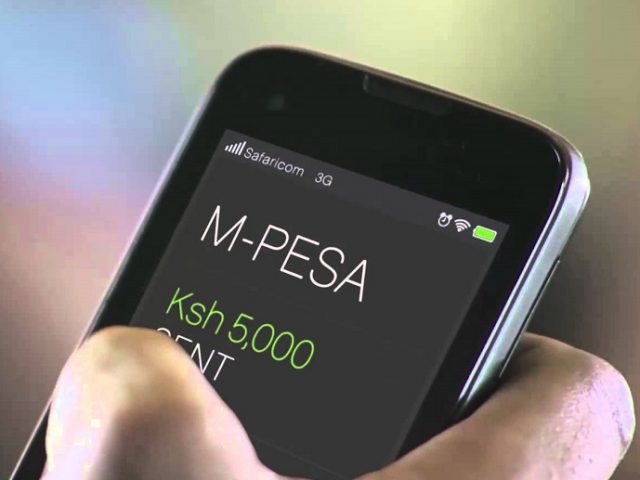
Airtel Money is chipping away at M-PESA’s lead, but it's still a long road ahead.
According to new data from Kenya’s Communications Authority, Safaricom’s M-PESA market share dropped from 97% in Q4 2023 to 90.8% in Q1 2025. The new data means the fintechhasnow lost market share for six straight quarters. (Airtel Money’s market share has grown from 2.9% to about 9.1% in the last two years.)
Why is M-PESA losing ground? Interoperability rules introduced in 2022 broke Safaricom’s long-standing hold on users, allowing cross-network transactions. Airtel seized the opening to attract new users with cheaper fees, airtime cashback offers, and agent partnerships with supermarket chains like Naivas. Airtel is still far behind, but its steady gains hint at a slow but steady closing of the gap.
Safaricom isn’t ignoring M-PESA’s slide. In March, the company announced it’s investing over $309 million annually to rebuild M-PESA into a more resilient platform. While framed as future-proofing efforts, the scale of the investment signals a strategic and urgent response to mounting pressures from a slide in their market share. Though the market share loss may still be manageable, the move shows Safaricom is not taking any chances.
To beat M-PESA, Airtel would need more than price cuts. It must build trust, expand rural agent access, and push for agent-level interoperability, which is still pending from the Central Bank of Kenya (CBK). That move would let any user transact from any agent, regardless of provider, and could be a game-changer.
Even so, overtaking M-PESA remains a long shot. The company serves over 34 million users and processes over 30 billion transactions a year, worth over $296 billion.
With Airtel’s steady push, CBK’s pending agent-level interoperability, and the rollout of CBK’s new instant payments system, the Fast Payment System (FPS), the race is heating up. M-PESA still leads, but it is not running unchallenged.
Drive your business forward with Doroki
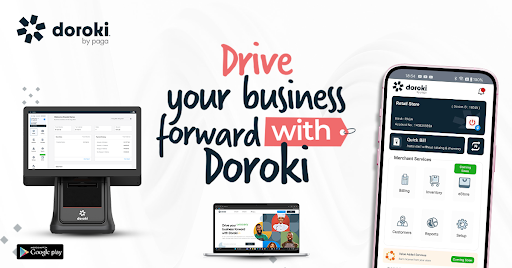
Whether you are a retail store, restaurant, pharmacy, supermarket, salon or spa, Doroki helps simplify your operations so you can focus on what matters most: your customers and your growth. Manage your business smarter, start here.
Internet
Starlink loses 11% of its subscribers in Kenya after network blackout
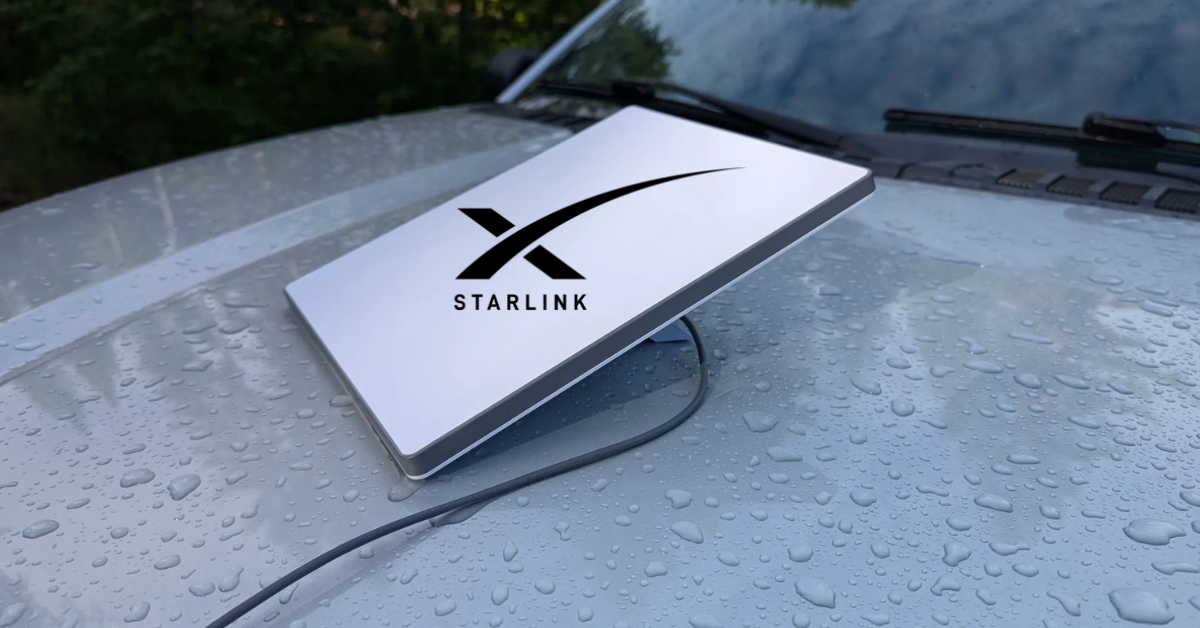
Starlink’s decision to pause new user sign-ups in Nairobi and surrounding counties late last year may have been operationally necessary, but it proved commercially disastrous.
The satellite internet company lost 11% of its subscribers—more than 2,000—due to this blackout.
The loss of subscribers in just one quarter shows that in a price-sensitive market with an everyday need like internet connectivity, customer loyalty is erratic and the switching costs are low.
Safaricom, Kenya’s largest telecoms operator, quickly stepped in to fill the gap, targeting the same peri-urban and suburban households Starlink once served through in-person marketing and cheaper prices.
Could Starlink have avoided this? Absolutely. The satellite internet company waited too long to expand ground infrastructure, only lighting up its Nairobi ground station in January 2025—months after congestion crippled service and morale. A faster network ramp-up was not just feasible but necessary. In failing to move quicker, it ceded mindshare and retail shelf space to a rival with far more local agility. This lack of preparation could also mean that Starlink may not have expected its quick expansion in Kenya.
Yet, Starlink could still make a comeback. Its satellite-first architecture remains unmatched in Kenya’s rural terrain, where fibre may never arrive and mobile cell towers can’t guarantee speed. In these underserved pockets, Starlink still reigns.
The big picture: At first glance, Kenya’s ISP market looks like a two‑horse race between Safaricom and Starlink, but in reality, there are several other players. Safaricom has been dominant for years, and Starlink’s sudden charge is what’s turning heads. While we don't think Starlink's "go wide, not deep" play will ever dethrone major African ISPs, it still enjoys its moat: satellite technology.
Turn your hustle into an online business with Paystack!

Anyone can sell online. With Paystack Storefront, you can create a sleek online store, share your link, and accept payments. No code needed. Get started here →
Companies
Pick n Pay sells its 51% stake in Pikwik to EcoCommerce
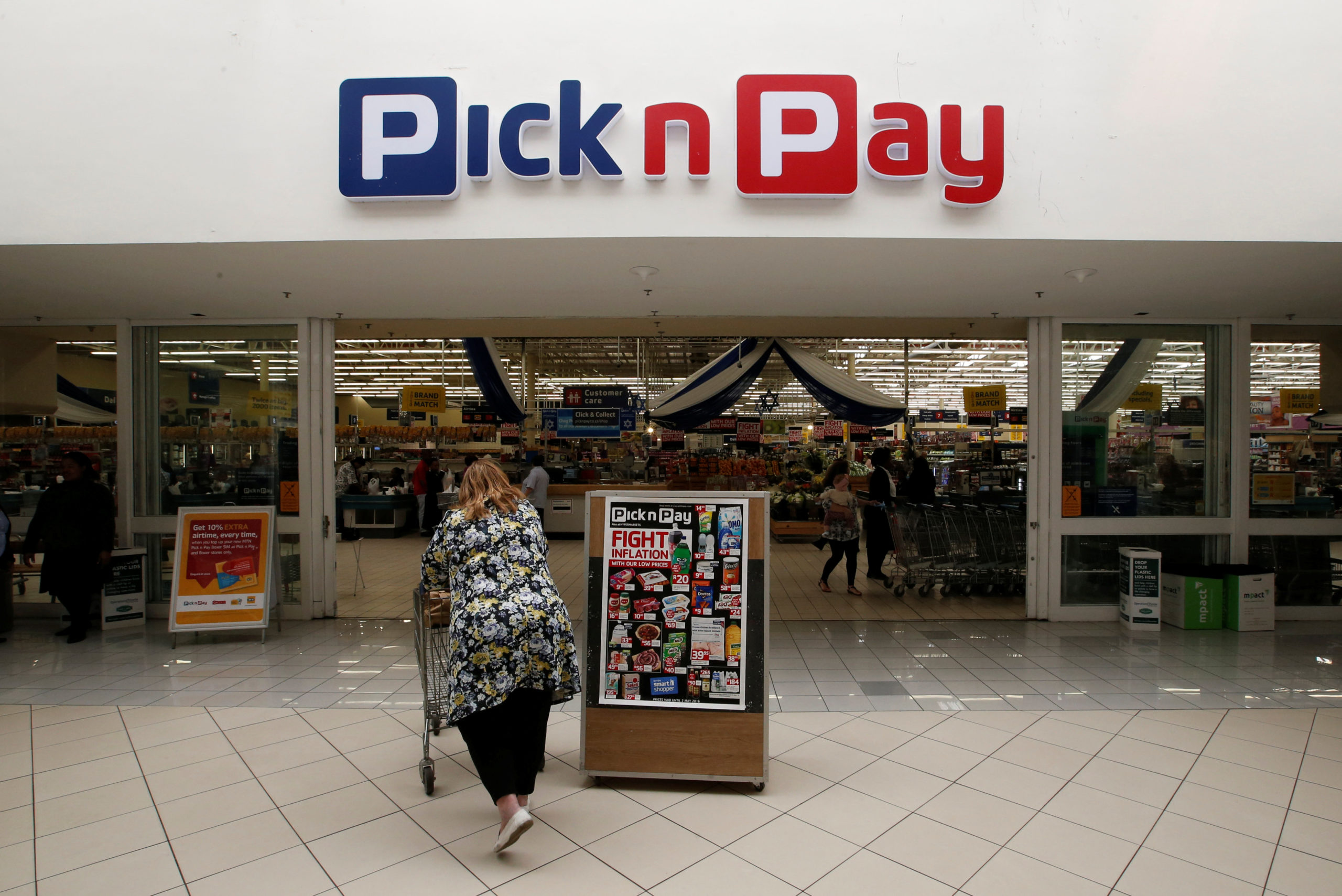
We don’t know how many Nigerians fall into this bracket, but if, for some reason, you're a Pick n Pay superfan who shops there instead of going to Shoprite or Spar, this might matter to you.
Pick n Pay has now sold its 51% stake in its Nigerian joint venture, Pikwik, to EcoCommerce Nigeria, a private equity firm. While the Pick n Pay brand will remain in Nigeria under a licencing deal, the company itself is no longer involved in the business.
This exit comes after years of struggle for international retailers in Nigeria. The economy has been tough on consumer goods companies. While Nigeria's inflation has eased for two months in a row, that economic relief is yet to be passed on to consumers. 2024’s spending squeeze is still taking a toll on businesses and supermarket chains are finding it harder to survive. In June 2024, Shoprite closed its store in Wuse, Abuja.
Yet, unlike Shoprite and Spar, Pick n Pay never became a major player in the country. With just two stores and limited presence, it did not make the kind of mark Shoprite did in its early days. Its exit matters less in terms of retail footprint but adds to the list of foreign companies calling it quits in Nigeria.
EcoCommerce Nigeria now controls the business. It is entering a market that still has long-term potential, but one that has broken many retail operators before. It will take more than a foreign name to win Nigerian shoppers.
Get a dependable energy solution tailored to your everyday needs

Tired of blackouts and fuel costs? Power your home or business with clean, affordable energy from Altpower. No upfront payment. Just reliable power, paid in instalments. Get started here→
CRYPTO TRACKER
The World Wide Web3
Source:

Coin Name | Current Value | Day | Month |
|---|---|---|---|
| $106,838 | - 1.42% | + 2.02% | |
| $2,459 | - 1.66% | - 2.61% | |
| $2.22 | + 1.34% | + 2.16% | |
| $152.26 | + 0.79% | - 2.32% |
* Data as of 06.30 AM WAT, July 1, 2025.
Introducing, The Naira Life Conference by Zikoko

This August, the Naira Life Con will bring together wealth builders, entrepreneurs, financial leaders, and everyday Nigerians to share their experiences with earning, managing, and spending money. Think: bold conversations, immersive workshops, and content tracks that hand you a playbook for building real wealth. Get early bird tickets now at 30% off only for a limited time.
Opportunities
- Over 4,000 tech leaders from 15+ countries gathered in Lagos for the third Africa Technology Expo (ATE), a business-focused event spotlighting innovation and enterprise growth across the continent. Held at the Landmark Event Center, the conference featured keynotes, investor sessions, and showcases on topics like 5G, cloud, IoT, infrastructure, and startup scaling. More than 85% of attendees were senior decision-makers, including speakers from Google, MTN, and Future Africa. MTN also hosted a closed-door C-suite chat on digital transformation. With growing global interest, ATE is eyeing future editions in cities like Kigali, Nairobi, and Barbados. Interested in partnering or attending the next ATE? Get involved.
- Applications are still open for the 2025 FATE Institute Fellowship, a two-year, part-time and virtual programme for experienced Nigerian professionals passionate about entrepreneurship and policy reform. The fellowship is open to candidates with at least 10 years of relevant experience and a completed or ongoing Master’s or PhD in fields like Economics, Law, or Political Science. Fellows will work remotely, contribute to research on Nigeria’s entrepreneurship ecosystem, engage with policymakers, and take part in virtual policy discussions, without needing to leave their current roles. Apply by July 25.

Written by: Opeyemi Kareem and Emmanuel Nwosu
Edited by: Faith Omoniyi
Want more of TechCabal?
Sign up for our insightful newsletters on the business and economy of tech in Africa.
- The Next Wave: futuristic analysis of the business of tech in Africa.
- TC Scoops: breaking news from TechCabal
P:S If you’re often missing TC Daily in your inbox, check your Promotions folder and move any edition of TC Daily from “Promotions” to your “Main” or “Primary” folder and TC Daily will always come to you.

How did you find today's edition of #TCDaily? |


